Пост 29543249709
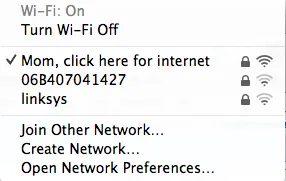
Страница 2 из 7

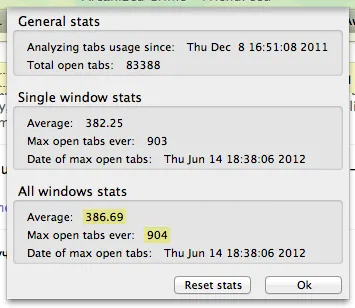
Незаметно перескочили за 900.
Продолжаем хронику истории падения, в которой рассказывается о том, что вкладки, как способ организации и заменитель открытых окон, давно и безнадёжно устарели, а им на смену идёт «бесконечный» стек сайтов, смесь из истории, вкладок и закладок.
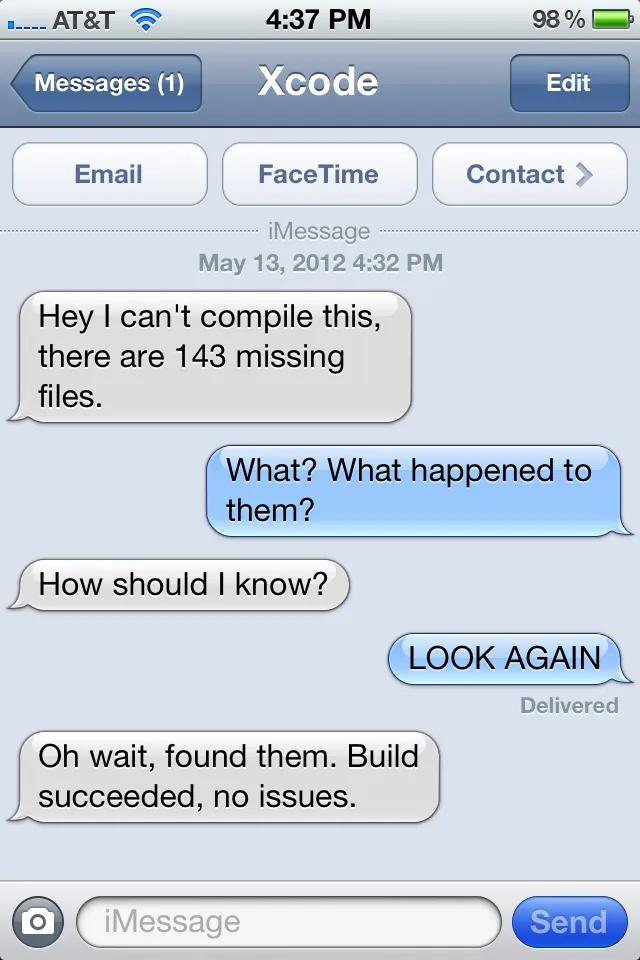
— Hey I can’t compile this, there are 143 missing files.
— What? What happened to them?
— How should I know?
— LOOK AGAIN
— Oh wait, found them. Build succeeded, no issues.
Чудесный блог «Text from XCode» как нельзя лучше подходит к моему тегу «говорящие компьютеры». Изначально этот тег был про интерфейсы, но в мире Сири, GLaDOS и искусственного интеллекта, заговаривающего с нами из шнурков и фонарных столбов, значение тега как-то перекувырнулось через голову и стало почти буквальным.
Skeuomorphism is about communicating and reinforcing feelings — getting an application to become a memorable experience, not just a tool. It’s about communicating the purpose of a UI, not only the functions it enables.
Skeuomorphism & Storytelling / Tobias Bjerrome Ahlin
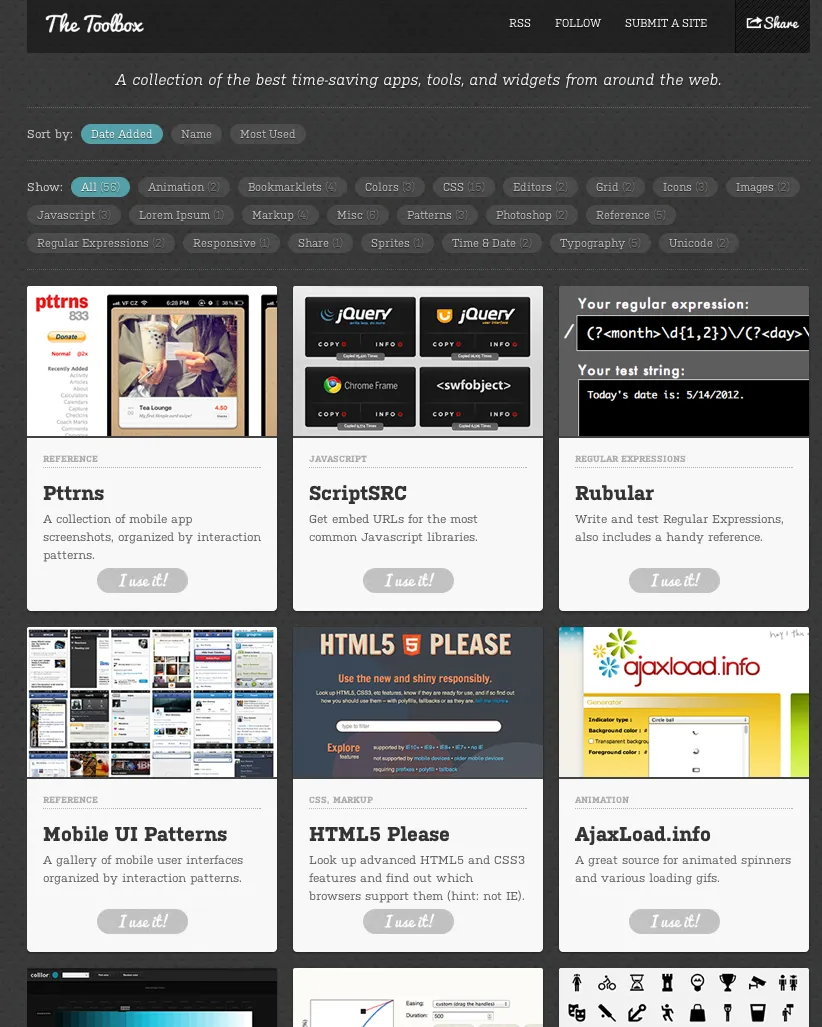
The toolbox — “A collection of the best time-saving apps, tools, and widgets from around the web” • via uxrave
Post-divorce, the Internet has become a personal minefield. There was the time shortly after the split when LinkedIn suggested I connect with my ex’s new boyfriend. There was a time when Facebook kept surfacing “remember this moment?” photos of me and my ex from my mom’s profile. I hid and changed my relationship status in the dead of night so as few people as possible would notice the change and ask me about it.
Worst of all is Gmail, which has one of the most maddening “features” to confront anyone going through a breakup. Nearly every time I wrote an e-mail to friends this past year, Gmail oh-so-helpfully suggested I include my ex-wife in the e-mail. And you can’t turn this off. It still happens, despite my pleas to Google to make it optional. (Google obviously doesn’t employ enough divorcees.)
iPhone 4’s operating system doesn’t work this way. It decouples the density of the pixels on the screen from the visual interface that it draws. Because OS X is built from the ground up to be resolution independent, all the default iOS interface elements are already vectorized graphics (PDFs, to be specific). This means that when iOS scales the elements in physical size to fit the 3.5-inch iPhone 4 screen, they take up the same amount of space as the elements drawn on the iPhone 3GS but they use four times the number of pixels.
На мой вопрос «когда на вектор перейдут как на основной формат при отрисовке интерфейсов» нашёлся ответ в виде древнего поста Дастина Кёртиса: iPhone 4: Who cares about pixel density? It’s about interface definition. - Dustin Curtis
Главный вопрос, конечно, в том, насколько векторная графика пригодна для работы в разных разрешениях (что актуально для Андроидного зоопарка моделей и разрешений), и можно ли её как-то «хинтовать» под разные размеры также, как хинтуются для аккуратного отображения мелкие размеры шрифтовых гарнитур.
Using PDF images in iOS apps, Matt Gemmell
About Those Vector Icons, Kirill Grouchnikov (user interface engineer, Android, Google)

О проникновении и юзкейсах. Утро в московском метро.
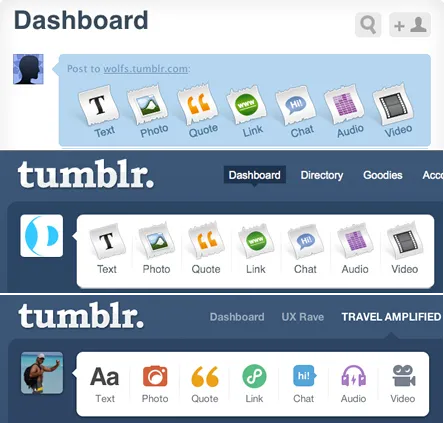
Сегодня поменялись главные кнопки, на которые каждый день нажимают миллионы человеческих существ. И вот как выглядит эволюция панели действий в тамблере. (thx uxrave)